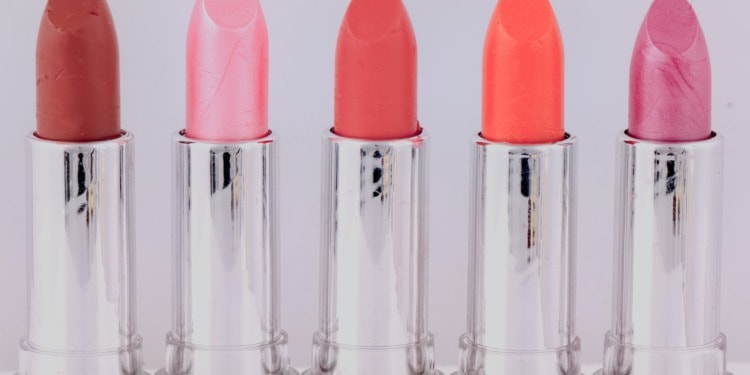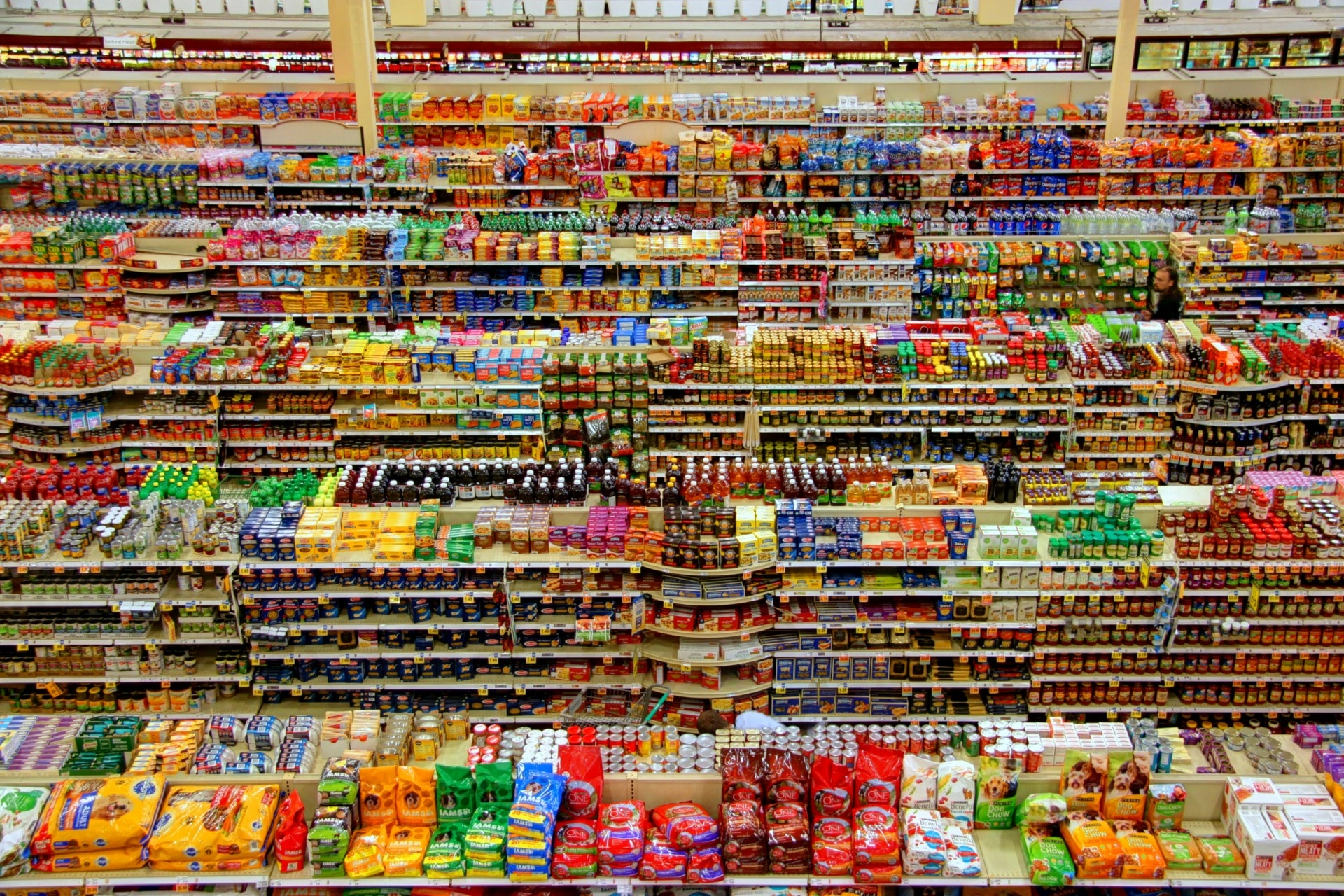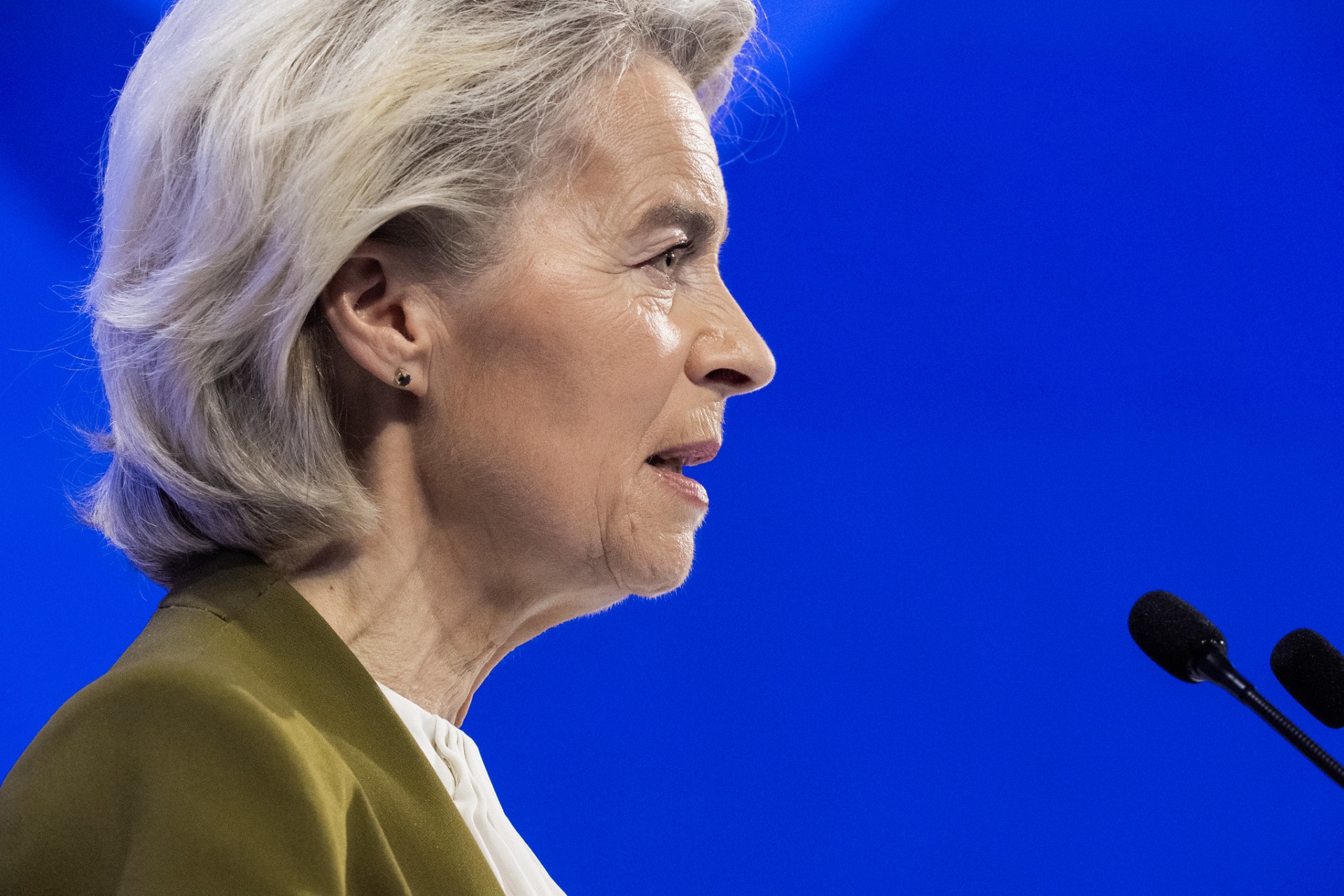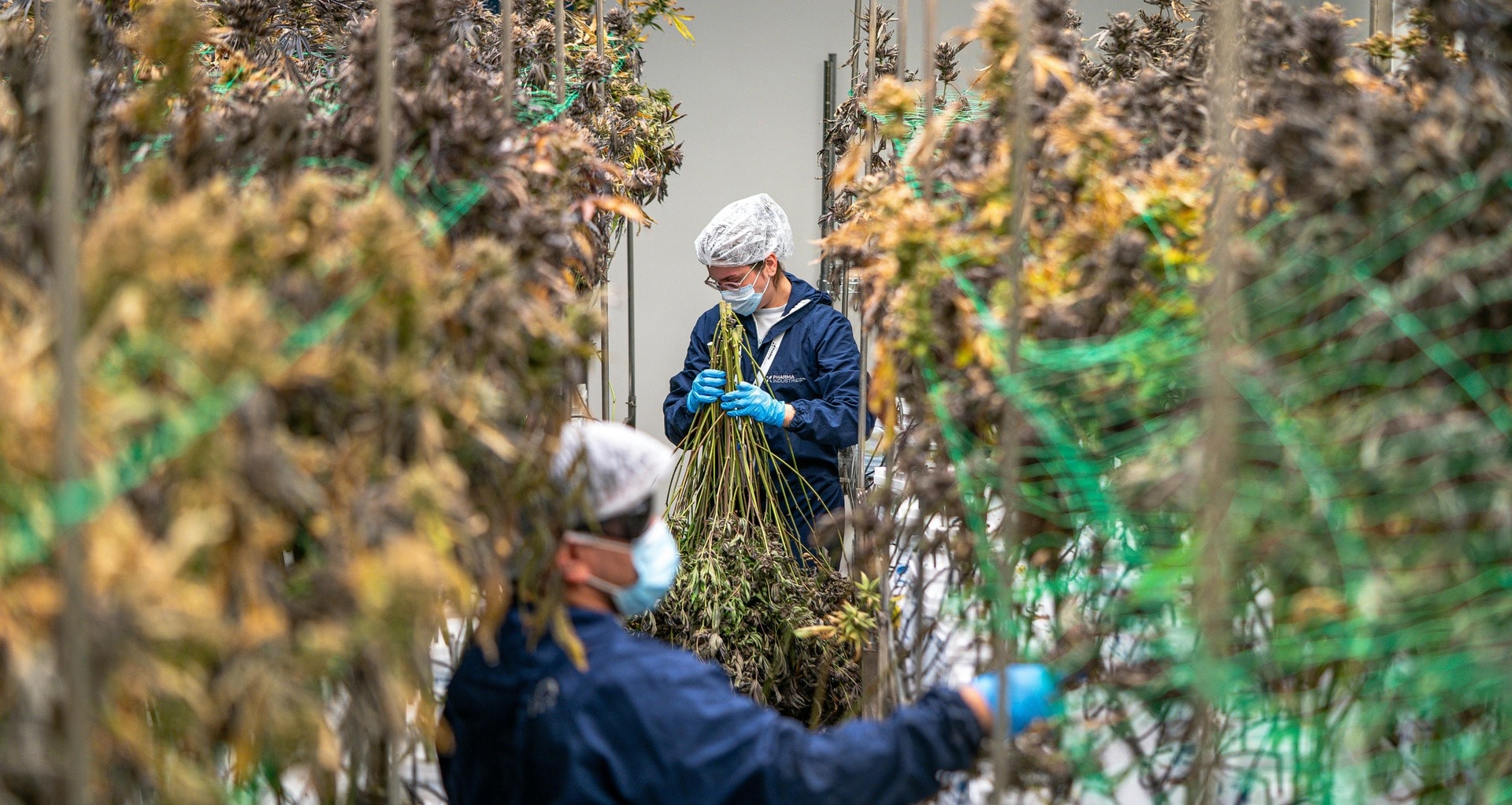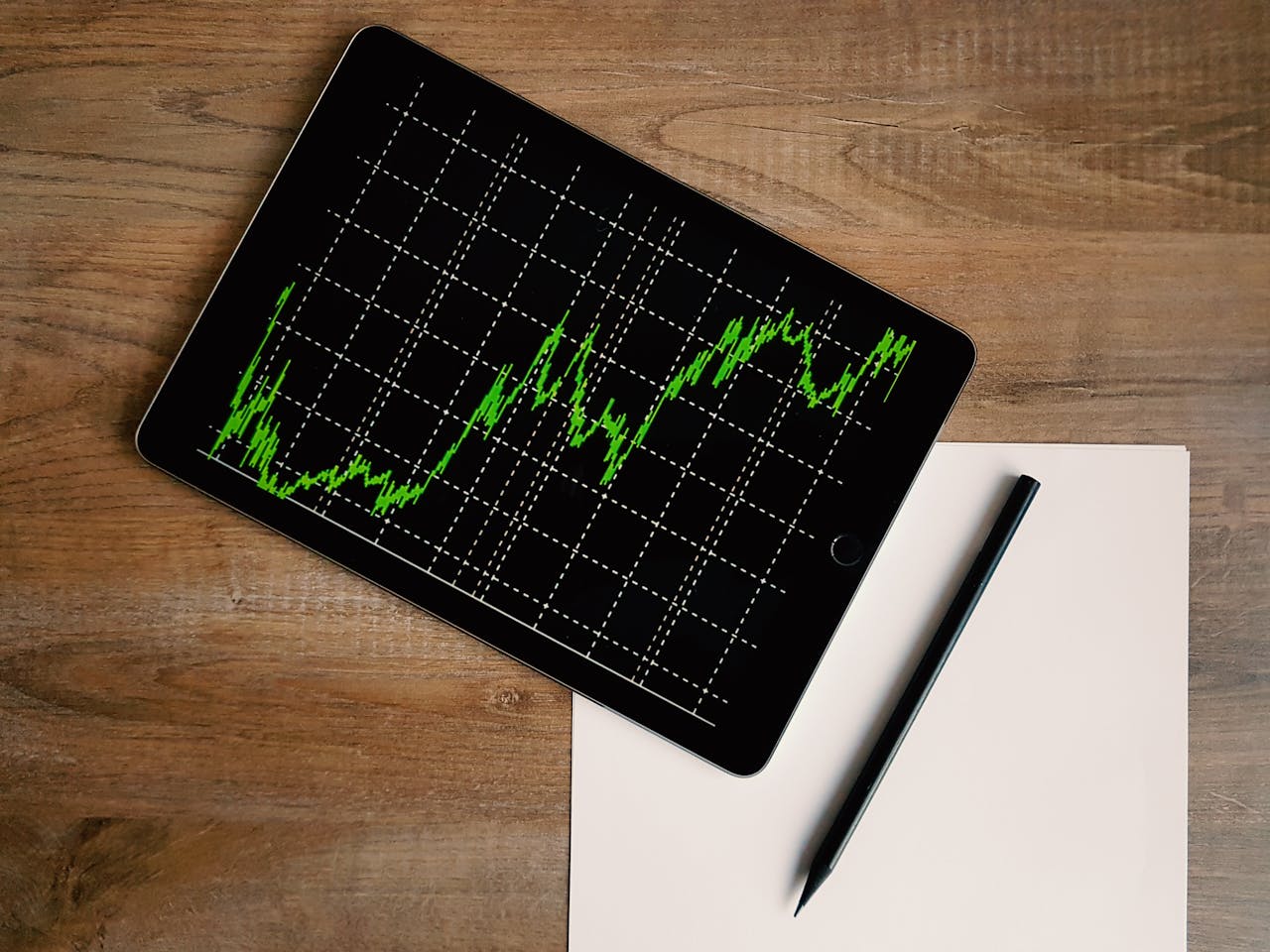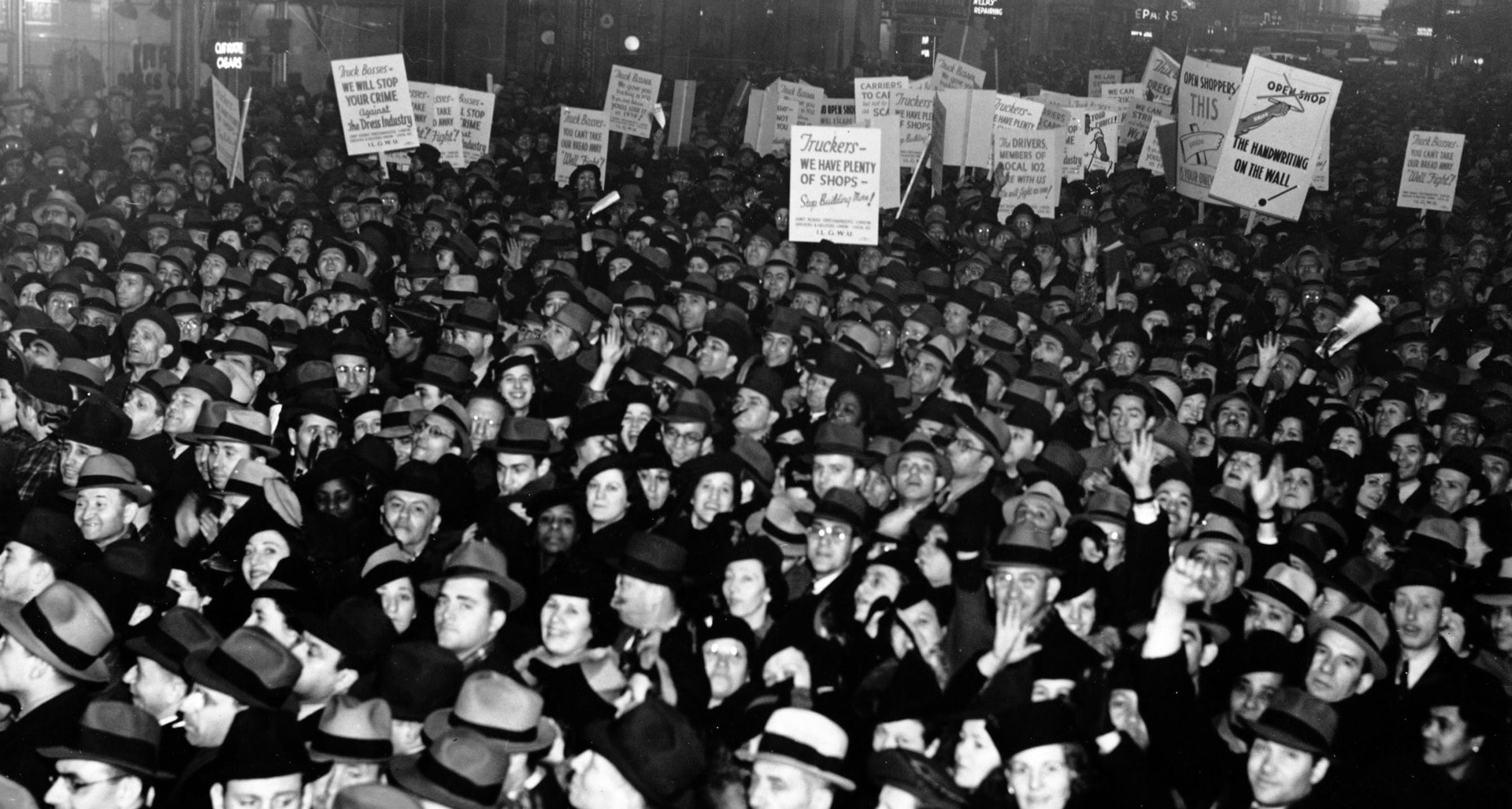For people living in the UK, the cost-of-living crisis is a frequent feature of the new cycle.
Whilst the crisis is a global phenomenon driven in part by the COVID-19 pandemic and Russia’s invasion of Ukraine, the issue is particularly compounded in the UK by the country’s decision to leave the EU as researchers at the London School of Economics found that Brexit may have added and extra £250 to the average household food bills between December 2019 and March 2023.
A YouGov survey back in October 2022 found that 82% of British people thought their government was managing the cost of living crisis badly – joint with Italy, this is the highest result of seven responding European countries.
The survey also found Italy to be among the worst-hit countries, with 93% answering that they had already made cuts to their normal spending or expected to have to in the future.
With several developed economies entering periods of recession, the demand for goods decreases and production slows, increasing unemployment.
Economists are able to identify a recession after “two consecutive quarters of negative gross domestic product (GDP) growth,” but the buying patterns of consumers are also helpful for businesses to adapt their models to changes in economic welfare.
“Treat yourself”
The “lipstick effect,” coined by Leonard Lauder, son of Estée Lauder and successor to his mother’s cosmetic company of the same name, refers to a customer’s increased willingness to buy small luxury items in times of financial hardship.
The idea is that in a recession, consumers are more likely to buy small, comparatively affordable luxuries such as new cosmetics or a trip to the cinema to make themselves feel better about being overall worse off. Instead of big purchases that might be unjustifiable at the time, people turn to treating themselves with small purchases more frequently.
According to Forbes, Lauder noted an increase in lipstick sales after 9/11 and again during the 2008 recession.
Speaking to The Guardian last October, Seb James, managing director of UK cosmetic retailer Boots said “during the last recession, we experienced two things: firstly, the ‘lipstick effect,’ which is the determination to continue purchasing small treats, and secondly, increased spending on own label and promotions.”
“These trends have returned. People might not get a new outfit but they may get a new lipstick,” James added.
The desire to buy affordable luxury items is also increased as expensive luxuries rise in price.
Consumer choice company Which? reported that some popular European holiday destinations have seen increases in price for a seven-night package holiday this summer compared to summer prices in 2022. Which? found that prices in Greece rose by 30%, Italy by 23% and Spain by 20%.
A good indicator for recession?
Whilst the lipstick effect is grounded in economic theory, it is not without its pitfalls.
Perhaps most obvious is that what qualifies as an “affordable luxury” will vary from person to person and household to household. For some, a holiday is an affordable luxury in the current economic climate, whereas for others, a meal in a restaurant might be their idea of a small treat.
The variation in what counts as affordable may make it difficult to identify an economic crisis through consumer habits alone.
Another con highlighted by financial advice company Investopedia is that it is difficult to receive weekly or monthly updates on a company’s sales data on specific products such as lipstick or other small luxury goods. Investopedia reports that there is also a few months of lag time between the data being collected and its release to the public, limiting the usefulness of consumer trends in predicting periods of economic hardship.
Since start of this year, consensus has lowered probability of recession in Europe & UK. But for US, recession probability has remained constant at 65%. Consensus now thinks there is higher probability of recession in US in next 12mths than in Europe & UK. https://t.co/hhV4no8y0g pic.twitter.com/Y0OOJI18PM
— Holger Zschaepitz (@Schuldensuehner) July 16, 2023
However, whilst the data is possibly unhelpful to the average person, it can be informative to the business’ directors for planning their budgets and anticipating their customer trends.
Investopedia also highlights that if the economic crisis is particularly severe, people may even sacrifice these smaller luxuries as their income no longer stretches as far.
Whilst the lipstick effect is helpful to businesses, the data produced is not a reliable way for the average person to know that they are living through a recession. However, understanding our own spending habits can help us recognise what is actually worth the price-tag when money is tight.
Speaking to the BBC, Dr Cathrine Jansson-Boyd, consumer psychologist at Anglia Ruskin University, said: “Being short of money is psychologically daunting for people and the way to make yourself feel better, even if it’s ever so little, is to purchase something that you think will cheer you up.”
According to Jansson-Boyd, there is also the chance that the emotional impact of having less money than usual causes people to make impulse purchases. “They’re not thinking it through, they kind of want stimulation immediately,” Jansson-Boyd said.
Jansson-Boyd added: “That is concerning because with interest rates going up it is actually a trap for many so it’s very worrying.”
Whilst recession may appear to be looming in many developed economies, the average person may find it difficult to identify the shift in the economy. Paying attention to our spending habits and making wise financial decisions is more important than ever.
Editor’s Note: The opinions expressed here by the authors are their own, not those of Impakter.com — In the Featured Photo: An assortment of lipsticks. Featured Photo Credit: Unsplash.


